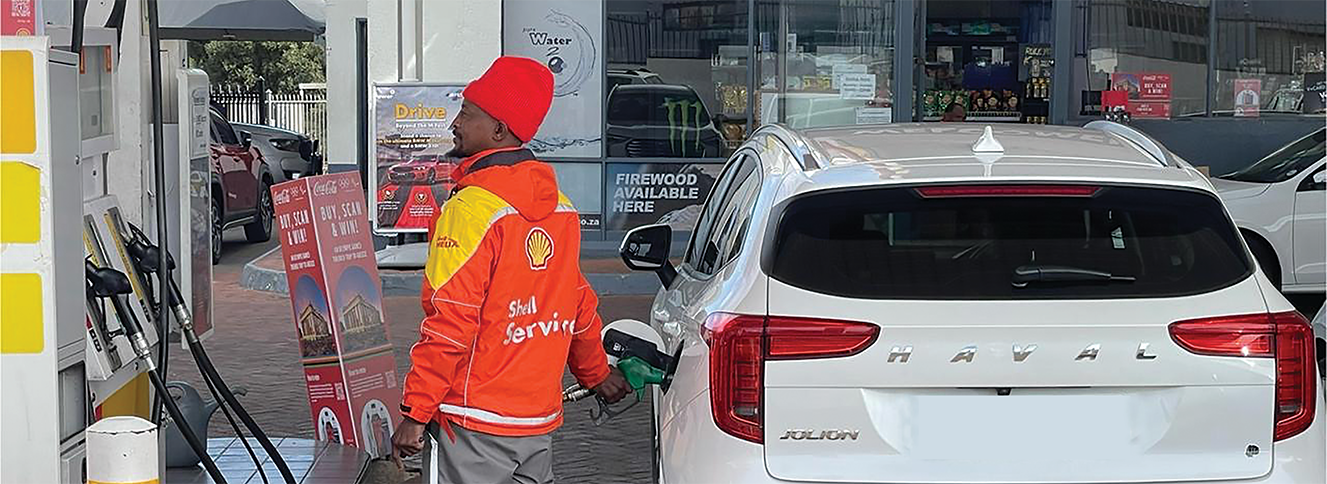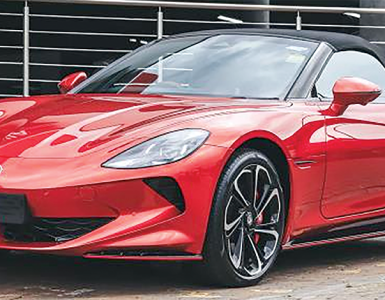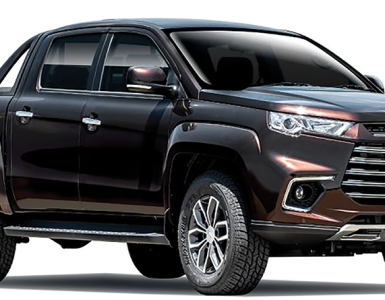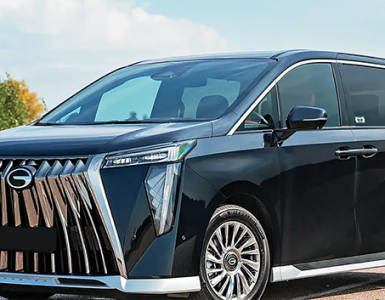TRANSPARENCY: Continuously turning to fuel levies to fill budget gaps is unsustainable—especially in the absence of how these funds are allocated and used…
By Motoring Reporter
The Automobile Association (AA) notes the announcement by the Minister of Finance to increase the General Fuel Levy (GFL) by 16 cents per litre for petrol and 15 cents per litre for diesel, effective 4 June 2025.
The Minister described this adjustment—the first in three years—as the sole new tax proposal for the 2025/26 fiscal year, citing inflationary pressures as the reason for the hike.
While acknowledging the government’s fiscal constraints, the AA warns that this increase will have immediate and far-reaching consequences for consumers and the economy.
This levy adjustment comes at a time when South Africans are already contending with high food prices, elevated interest rates, increased electricity tariffs and persistently high unemployment. Fuel is a critical input cost across all sectors of the economy; any increase inevitably drives up transport and operational costs, further intensifying inflation.
Lower-income households, which spend a greater share of their income on transport, will be disproportionately affected by this rise.
With the new adjustments in June, the combined cost of the GFL and the Road Accident Fund (RAF) Levy will exceed R6.00 per litre in some areas—accounting for more than 30% of the total pump price before adding the base fuel cost, distribution margins, and retail mark-ups.
While the AA recognises the need to address fiscal pressures, continuously turning to fuel levies to fill budget gaps is unsustainable—especially in the absence of transparency on how these funds are allocated and used.
In light of this development, the AA renews its call for a comprehensive and transparent review of South Africa’s fuel pricing model. This should include:
A forensic audit of revenue generated from the GFL and RAF Levy, including its allocation and expenditure Full transparency on the fuel price-setting formula published by the Department of Mineral Resources and Energy (DMRE)
Engagement with civil society, labour, and the transport sector to identify fair and sustainable revenue models Exploration of alternative funding mechanisms that reduce reliance on fuel-based taxation.
Although the latest increase may appear modest in isolation, it forms part of a broader trend where motorists and transport-reliant industries bear the brunt of fiscal policy changes. South Africa must have a broader conversation about funding infrastructure, road safety, and public transport in a way that doesn’t unduly burden citizens.
The AA stands ready to engage with government and all stakeholders to develop sustainable, transparent, and equitable solutions that support both economic growth and the citizens who drive it.
The levy will rise by 16 cents per litre for petrol and 15 cents per diesel, on Wednesday, June 4. “This is the only new tax proposal I am announcing for the 2025/26 fiscal year,” Godongwana stated.
Officials from the National Treasury clarified earlier that the fuel levy increase is inflation-linked and not intended to generate additional revenue.
The adjustment follows the government’s decision to reverse a proposed Vat hike and is expected to raise between R3.5 billion and R4 billion in the current financial year.
Motoring: Briefs
ROUND NUMBER EIGHT!
Round eight of the 2025 Formula 1 season heads to Monte Carlo for the Monaco Grand Prix from May 23 -25. McLaren’s Oscar Piastri continues to lead the drivers’ championship, 13 points clear of team-mate Lando Norris.
Max Verstappen remains third in the championship after winning his second race this season for Red Bull at Imola. In the constructors’ standings, McLaren lead second-placed Mercedes by 132 points.
DIESEL JOY
South African motorists and businesses may soon enjoy further relief at the pumps, with both petrol and diesel currently lined up for 2025’s fourth consecutive fuel price cut in June. The biggest movement is in wholesale diesel prices, where a drop of up to 61c per litre is anticipated.
Both 0.05% (500ppm) and 0.005% (50ppm) sulphur diesel grades could decrease by 53c to 61c, which would bring inland prices to R18.37 and R18.41 respectively. Coastal prices may drop even lower, approaching R17.58 per litre.
If fuel price over-recoveries stay on track until the beginning of June, when the official fuel prices are announced by the Department of Mineral Resources and Petroleum, diesel prices could reach levels last seen back in February 2022.
VW U-TURN ON NAMES
Volkswagen has fallen into that trap that so many automakers do: Slapping some numerals onto the backside of a vague set of letters and calling it a day—like the ID.3, ID.4, and ID.7.
Granted, the company still has plenty of standard names in its lineup, especially in the US—the Taos, the Tiguan, etc.—but we could see even more traditional names return in the next few years.
VW’s head of marketing and sales, Martin Sander, told the German publication Auto Und Wirtschaft that traditional names will make a comeback, as opposed to clunky alpha-numerics.
“The cars will get proper names again,” said Sander. “Neither the ID.2all nor the ID.Every1 will have those names in series production. We’ll announce that when the time comes.”
HONDA TO AMAZE
The all-new Honda Amaze was launched nationally this week. This Indian-built model competes in the sub-four-metre sedan category and features a 1.2-litre four-cylinder naturally aspirated engine that delivers 66 kW @ 6 000 r/min and 110 N.m @ 4 800 r/min.
Either a 7-speed CVT or a 5-speed manual transmission delivers this power to the wheels, both of which achieve a claimed 5.5 L/100 km.
The new model is also founded on a high-tensile steel frame, which is touted to offer enhanced handling and stability, but the interior packaging is where the firm has seen the most of its improvement.
Honda claims that the all-new Amaze features best-in-class rear head clearance, rear leg room and boot space with 416 litres available.
Looking at the model line, the Amaze will be offered in Trend Manual, Comfort Manual and Comfort CVT iterations.
FORD RANGER RECALL
Ford Motor Company of Southern Africa is recalling Ford Rangers that were made available for sale in 2024 due to a faulty part that can increase the risk of a crash or injury.
This recall follows a recall of six car brands by their manufacturers. All recalled cars can increase the risk of an accident or injury. The National Consumer Commission (NCC) was recently informed by the manufacturers of these cars.
The NCC stated that the faulty Ford Rangers were sold in South Africa and subsequently distributed to neighbouring countries. “The product was exported to Namibia, Botswana, and Swaziland.” The cars are being recalled because a front lower control arm may have been fitted on the left-hand side of the vehicle, instead of the correct one.





























